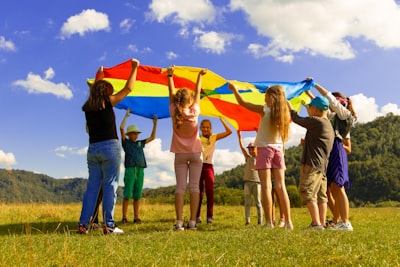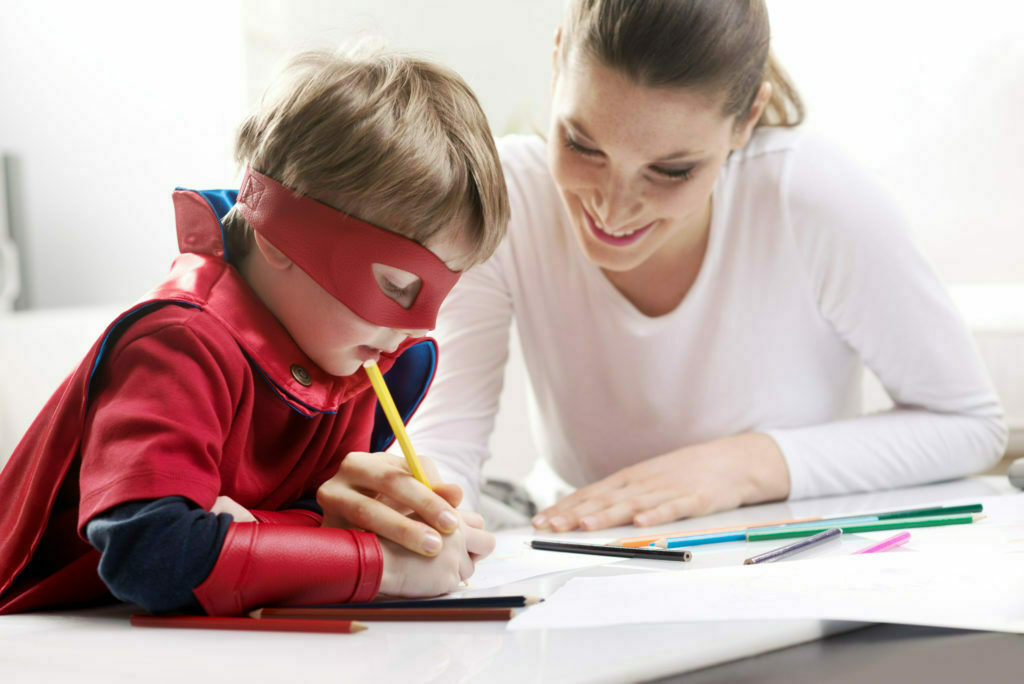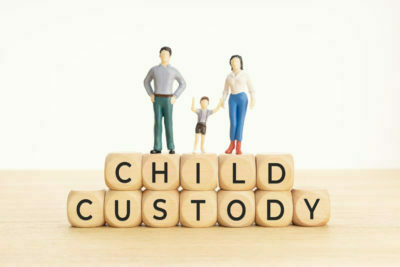Play-based learning is beneficial for young children because it allows them to explore their interests and abilities in a safe and supportive environment. Through play, children can develop their cognitive, social, emotional, and motor skills. Additionally, play provides an opportunity for children to learn about the world around them and to build relationships with their peers.
Whether you’re working towards an associates in early childhood education or you’re a parent wanting the best for your child, play-based learning is a crucial tool in your arsenal.
Defining Play-Based Learning

Play-based learning is an approach to teaching and learning that emphasises the importance of play as a way of exploring and learning about the world. It is based on the idea that play is a natural and important way for children to learn, and that by providing a rich and stimulating play environment, early childhood educators can help children develop their cognitive, social, emotional, and physical skills.
Play-based learning can take many different forms, but typically involves providing children with opportunities to explore, experiment, and play with a variety of materials and ideas. This can include open-ended activities such as block building, painting, and storytelling, as well as more structured activities such as games, puzzles, and field trips.
Promotes Creativity and Imagination
A play-based education of young children can promote creativity and imagination in a few ways. One way is that it allows children to explore and experiment with different ideas and concepts. Through play, children can develop new skills and abilities, as well as learn more about themselves and the world around them. This can lead to creative thinking and problem solving, as well as imaginative thinking.
Additionally, play-based learning provides a variety of opportunities for children to engage in creative activities, such as art, music, and storytelling. These activities can help children to express their ideas and thoughts, and to develop their creative skills.
Encourages Social Interaction
Play is a very important part of a child development. It helps them learn to socialize with other children. Play helps children learn how to share and take turns. Play also helps children learn how to communicate with others. Play-based learning helps children learn important social skills. They also learn to collaborate and to take turns.
Collaboration is working together to achieve a common goal. Children learn how to work together by playing. They learn to share and take turns. This is an important skill that they will use throughout their lives. Playing with others also helps children learn how to communicate. They learn to listen to others and to share their thoughts.
Helps With Problem Solving
Play-based learning is a great way for young children to learn problem solving skills. When children are playing, they are using their imagination and creativity to find solutions to problems they encounter. This can include figuring out how to get a toy out of a difficult spot, working out how to build a tower that is stable, or figuring out how to make a puppet show that will keep their audience entertained.
Playing also helps children to develop critical thinking skills. They learn to ask questions, test hypotheses, and come up with different ways to solve a problem. This is an important skill for life, as problems rarely have one easy solution.
Teaches Essential Skills

Play-based learning helps children learn to trust their own instincts, and to be confident in their abilities. By working through problems in a playful environment, children learn to take risks and to persevere. These skills are essential for success in both school and life.
In addition to teaching important life skills, play-based learning is the first step for children developing a love of learning. When children are allowed to explore the world around them and learn at their own pace, they are more likely to be excited about learning in the future. This can lead to a lifetime of learning and a love of new challenges.
Ultimately, play-based learning is about helping children learn and grow in a fun and safe environment. By giving children the opportunity to explore, learn, and play, we are giving them the tools they need to succeed in life.












